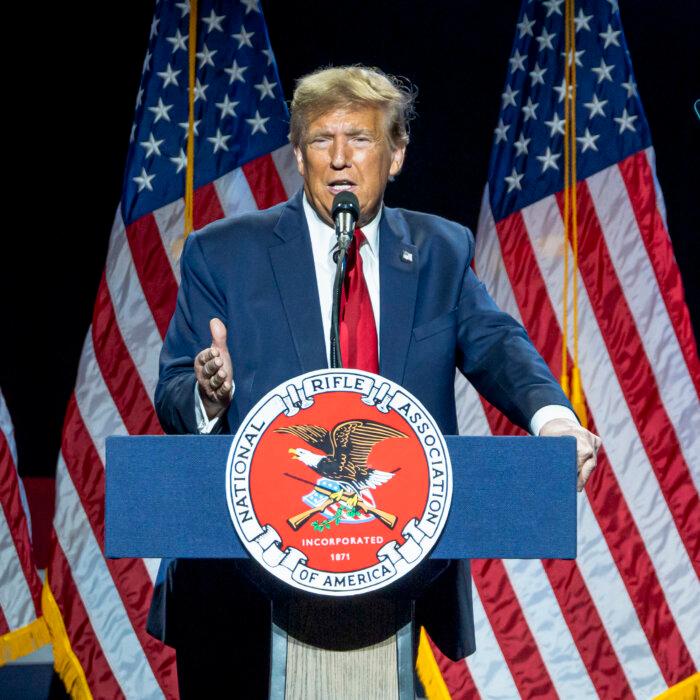A controversial law that could have forced UK publishers to pay the costs of the people who sued them, even if they won, is to be dropped.
Section 40 of the Crime and Courts Act 2013 was introduced in the wake of the Leveson Inquiry but has never been brought into force by the government.
It stated that any news outlet that did not sign up to the Independent Press Standards Organisation (IPSO) would be eligible to pay the costs of any individual or company that sued them for libel, copyright, or invasion of privacy even if the publisher won the court case.
Culture minister Lord Parkinson of Whitley Bay told the House of Lords during the second reading of the Media Bill on Wednesday that by repealing section 40 the government was “removing a threat to freedom of the press.”
‘Punished Newspapers ... for Telling the Truth’
“It would have punished newspapers and their websites for telling the truth and utterly destroyed investigative journalism,” added Lord Black, a Canadian financier who is perhaps better known as Conrad Black.Lord Black said, “It would have been completely incompatible with our commitments under the ECHR [European Court of Human Rights] and the result of all that is that it has severely dented the UK’s once shining reputation of press freedom.”
“If it had ever been implemented, it would have been the day liberty died in this country,” he added.
Lord Black said section 40 “must not be allowed to stand a moment longer on the statute book” and added, “The repeal of this abominable legislation is long overdue and all credit to the government.”
But Labour peer Lord Lipsey, who was previously the deputy editor of two national newspapers, accused ministers of trying to get the press on side in an election year by proposing to repeal section 40.
Labour Peer Says ‘Tories Hope to Bribe the Press’
“Because we’re having an election, that’s why it’s a special year, we’re getting this clause after a decade of doddering and dithering because the Tories hope to bribe the press,” added Lord Lipsey, a former deputy editor of The Times.He said of the repeal of section 40, “This clause is not a piece of considered legislation, it is a straight-forward bribe to the newspapers.”
Lord Lipsey said: “Ministers ... say things have changed for the better since Leveson, so we no longer need it. Change for the better isn’t, to me, terribly obvious.”
Lord Black said Lord Lipsey was “sadly stuck in a past that has long since vanished.”
The founding chairman of IPSO, Tory peer Lord Hunt of Wirral, said critics of IPSO said it had failed because of the low number of complaints it had upheld.
But he said, “Progress should be measured not by complaints upheld, but by behaviour improved.”
Lord Hunt said, “Section 40 has never been activated and had it been, it would have been ineffective at best, and far more likely, counter-productive at worst, with unforeseen and unforeseeable consequences that would have necessarily impinged on press freedom.”
The Leveson Inquiry, which was chaired by a High Court judge, Brian Leveson, started in 2011 after it emerged journalists at the now-defunct News of the World had hacked the phone of a missing schoolgirl Milly Dowler, who had been murdered by serial killer Levi Bellfield.
The inquiry investigated the culture, practices, and ethics of the press and made a number of recommendations.







